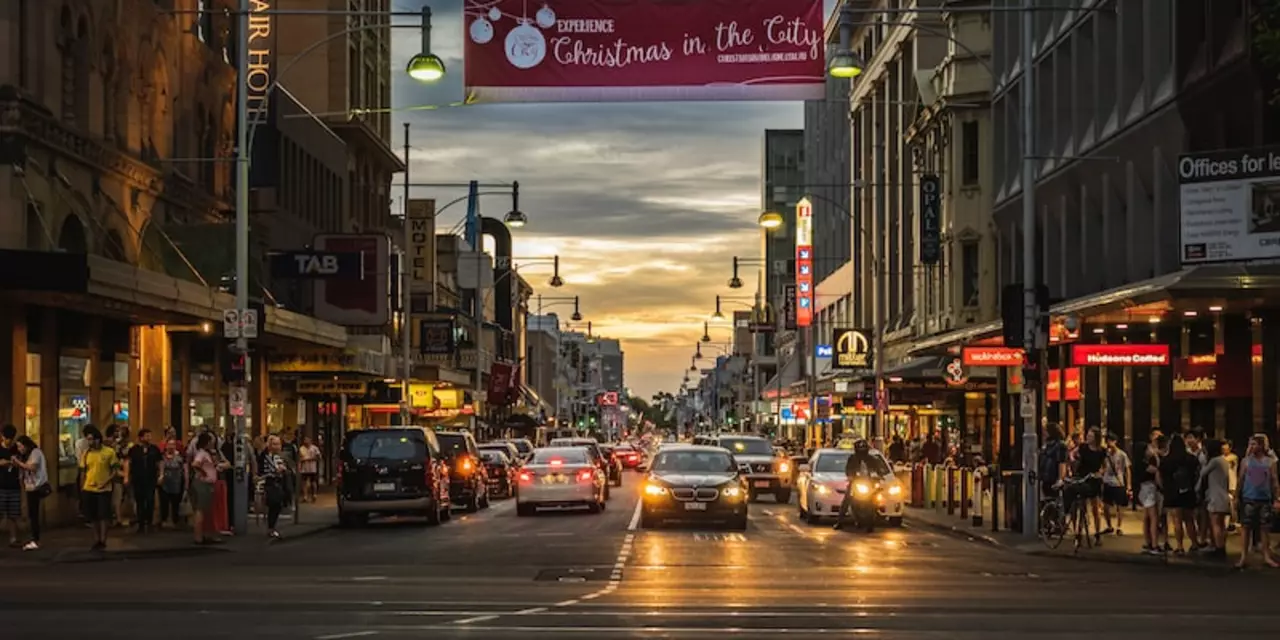Dislike in Tennis: Why It Happens and How to Move Forward
Feeling dislike for a player, a coach, or even a particular style of play is normal. It can pop up when you watch a match, when you train, or when you chat with fellow members at a club. Instead of letting that feeling fester, recognize it, understand where it comes from, and use it to improve your own game and enjoyment.
What Triggers Dislike on the Court
Often, dislike is tied to frustration. Maybe a partner keeps missing shots, or an opponent seems to get lucky on every point. In a club setting, a coach’s teaching method might clash with your learning style. Those moments create a mental sting that feels like dislike. The brain is wired to notice when something isn’t working, so it flags the source as "unpleasant".
Another common trigger is competition. When a local rival starts winning more tournaments, jealousy can spill over into dislike. It’s easy to mistake envy for genuine annoyance. Recognizing the difference helps you decide whether you need to improve your own game or simply adjust your attitude.
Practical Ways to Deal With Dislike
First, pause and label the feeling. Say out loud, "I dislike this opponent’s aggressive serve," or "I’m annoyed by the coach’s drills." Naming it stops the feeling from hiding in the background and gives you a clear target to work on.
Second, shift focus to what you can control. If a partner’s bad habit bothers you, suggest a quick practice drill to fix it. If an opponent’s style irks you, study a few matches to learn how to counter it. Turning dislike into a learning opportunity keeps the energy positive.
Third, talk it out. A brief chat with a teammate, a coach, or a club mate often clears up misunderstandings. Maybe the coach didn’t realize the drill feels repetitive, or the rival’s aggressive play is just a tactical choice. Open conversation reduces the emotional load and builds stronger relationships.
Finally, give yourself a break. A short walk, some light stretching, or a few minutes of breathing exercises can reset the mind. When you return to the court, you’ll notice the dislike has less grip, and you can play with clearer focus.
Dislike doesn’t have to be a roadblock. Use it as a signal that something in your tennis environment needs attention—whether it’s a skill gap, a communication issue, or an emotional reaction. By acknowledging the feeling, refocusing your energy, and taking concrete steps, you turn a negative vibe into a growth moment.
Remember, every player on the Gloucestershire Tennis Hub has faced dislike at some point. The difference lies in how quickly you move from "I don’t like that" to "Here’s how I can handle it." Keep the court enjoyable, stay curious, and let the game bring people together, not pull them apart.
Living in Adelaide Reviews

What do people not like about living in Adelaide?
Adelaide is the capital of South Australia and is known for its Mediterranean climate and vibrant arts scene. However, there are some things that many people don’t like about living in Adelaide. These include the high cost of living, lack of public transport, limited job opportunities and lack of cultural diversity. Additionally, Adelaide is known for its low population density, which can lead to a feeling of isolation. Lastly, the city is often considered to be quite boring due to its lack of attractions and events.